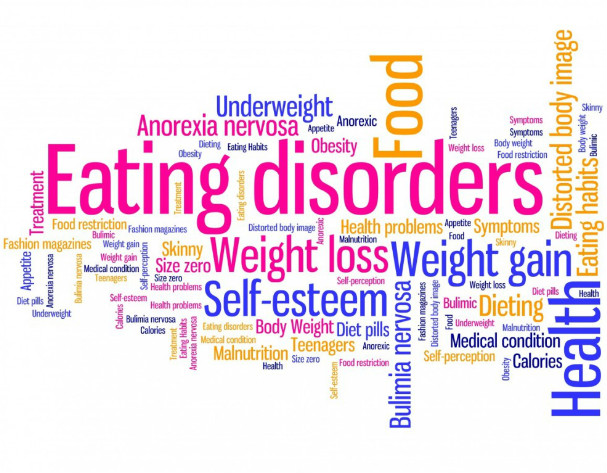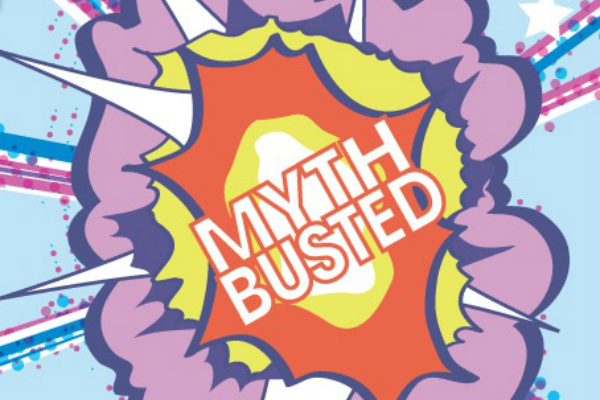From 22 to 28 February it’s Eating Disorder Awareness week, an international week to talk about eating disorders and fight the myths around it. Here at Jane’s HQ, even just a brief look back over our younger and more current experiences, we have been affected in some way or another by eating disorders.
From mid-teens, when suddenly appearance became everything, eating disorders became more apparent. At an after-school drama club aged 15, discovering that some of the girls ate cotton wool to fill themselves up. At uni, alarmingly being told by a friend she went through “an anorexic phase”, like it’s a natural state of puberty. To late twenties, seeing wedding magazines give away slimming shake freebies, with a not-so-subtle undertone that you must be a skinny bride to look good on your wedding day.
Eating Disorder Awareness Week
In the UK, over 725,000 women and men are affected by eating disorders. It’s estimated around 89% are women and 11% men. Anorexia claims more lives than any other mental illness.
What are eating disorders?
An eating disorder is a serious mental illness that includes anorexia, bulimia and binge-eating disorders. They are a range of conditions that affect someone physically, psychologically and socially.
Who gets them?
Although more common in women, anyone can develop an eating disorder, regardless of their cultural background, ethnicity or gender.
Myth debunking
MYTH: Eating disorders are a cry for attention or someone going through a ‘phase’.
TRUTH: People with eating disorders aren’t looking for attention. In fact, often they’ll go to lengths to hide or deny their behaviour. An eating disorder is a serious mental illness, and won’t go away without treatment and support.
MYTH: Eating disorders are a choice or about vanity to look a certain way.
TRUTH: Eating disorders are serious mental illnesses and people don’t choose to have them. They are complex and there is no single reason as to why someone develops an eating disorder.
MYTH: People with eating disorders are underweight.
TRUTH: An eating disorder isn’t necessarily linked to huge weight loss and isn’t always easy to spot based on weight. For example those suffering from bulimia tend to be an average or above average weight.
Treatment and support
There are a range of treatments that work differently for different people, but there are effective treatments out there. People can and do make a full recovery.
Treatments can involve talking to a counsellor, cognitive behavioural therapy or interpersonal therapy.
Medication such as antidepressants can also be prescribed as well as any talking treatments. Cutting edge research has also indicated deep brain stimulation (DBS) showing potential promise as a treatment for severe anorexia. DBS involves electrical impulses inside the brain and has been used to treat disorders such as Parkinson’s and Alzheimer’s, but it’s also been studied in mental illnesses. Listen to BBC Radio 4’s Rethinking anorexia nervosa for more information.
Where to get help
The UK’s national eating disorder charity, www.b-eat.co.uk, offers a helpline, a youth line, message forum, online and peer support groups. It also offers advice on what to do if you’re worried about someone you think may have an eating disorder.
The National Centre for Eating Disorders also provides advice and information on compulsive eating, anorexia, bulimia and weight problems.
Although they’re serious, eating disorders are treatable. The sooner someone gets the treatment they need the more likely they are to make a full recovery.

For more information see:
Mind, mental health charity – Mind.org.uk
National Institute of Mental Health (NIMH) – nimh.nih.gov
National Institute for Health and Care and Excellence – Nice.org.uk





